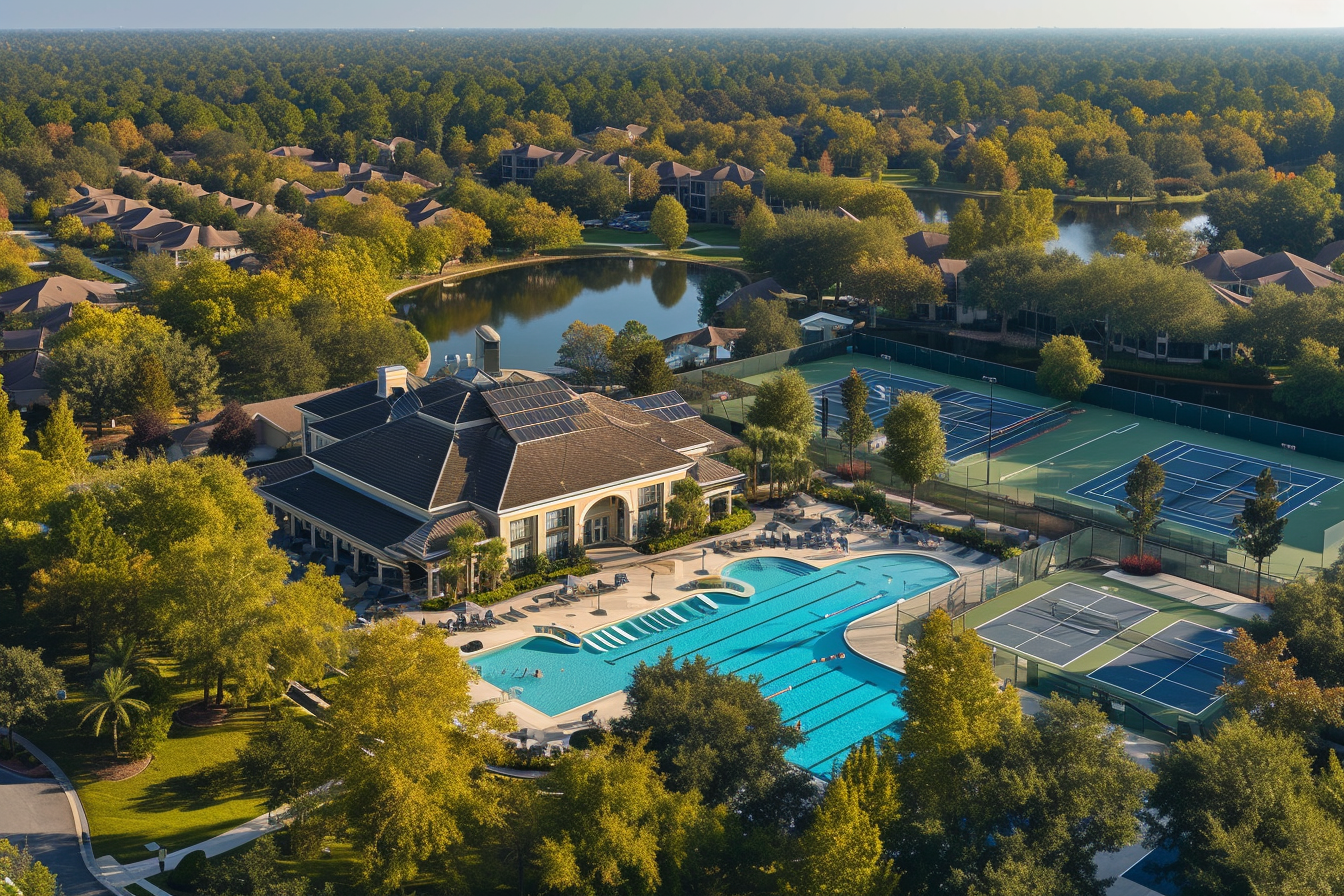When it comes to real estate, there’s a time-honored adage: “Location, location, location.” But what does this really mean? It’s not just about finding a beautiful house; it’s about discovering a neighborhood that feels like home. Choosing the right neighborhood is a complex decision, involving a variety of factors from lifestyle needs to investment considerations. This comprehensive guide aims to help you navigate this crucial aspect of home-buying.
Understanding Your Lifestyle Needs
The first step in choosing the right neighborhood is understanding your lifestyle needs. Ask yourself what matters most to you and your family. Are you looking for a quiet suburban life or the hustle and bustle of city living? Do you need to be near top-rated schools for your children, or are you seeking a vibrant nightlife? Identifying these priorities will help you narrow down your search.
Family Considerations
If you have a family or are planning to start one, your neighborhood choice will significantly impact your daily life. Consider the following:
- Schools: Quality of education is often a top priority. Research the local schools, their ratings, and the extracurricular activities they offer. Don’t forget to consider the proximity of these schools to your potential new home.
- Parks and Recreation: Access to parks and recreational facilities is crucial for a family-friendly environment. Look for neighborhoods with playgrounds, sports facilities, and green spaces.
- Safety: A safe environment is paramount. Check local crime statistics and speak to residents about their experiences and perceptions of safety in the area.
Professional and Social Life
Your work and social life also play a significant role in choosing a neighborhood. Consider:
- Commute Time: How far are you willing to travel to work? Test the commute during rush hour to get a realistic sense of travel time.
- Networking Opportunities: If your career relies on networking, consider a neighborhood that hosts social events and has a strong community spirit.
- Entertainment and Dining: For those who enjoy dining out or a vibrant nightlife, proximity to restaurants, cafes, and entertainment venues is important.
Financial Considerations
Beyond lifestyle needs, financial factors are equally important in choosing a neighborhood.
Property Values and Trends
Research the historical property values in the neighborhoods you’re considering. Are the property values appreciating? This can be a good indicator of the neighborhood’s long-term potential.
Taxes and Living Costs
Be aware of property taxes and general living costs in the area. A neighborhood with higher property taxes might offer more community amenities, but you need to ensure it fits within your budget.
Investment Potential
If you’re viewing your home purchase as an investment, look for up-and-coming neighborhoods. These areas might offer lower prices now but have the potential for significant appreciation in the future.
Community and Culture
The community and cultural feel of a neighborhood can greatly influence your satisfaction with a location.
Demographics and Lifestyle
Consider the demographics of the area. Is it predominantly families, young professionals, or retirees? Does this mix match your lifestyle and preferences?
Community Engagement
A neighborhood with an active community can provide a sense of belonging. Look for community centers, local events, and neighborhood associations.
Cultural Amenities
Access to cultural amenities such as museums, theaters, and galleries can enrich your living experience. If these are important to you, include them in your criteria.
Practical Considerations
Don’t overlook the practical aspects of a neighborhood.
Accessibility and Public Transportation
Consider the availability and convenience of public transportation, especially if you rely on it for your daily commute. Check out the walkability of the neighborhood as well.
Health Care and Other Services
Proximity to healthcare facilities and other essential services like grocery stores, banks, and post offices is important for convenience and peace of mind.
Internet and Connectivity
In today’s connected world, reliable internet service is a must. Check the internet service providers in the area and their service quality.
Research and Exploration
Once you have a clear idea of what you’re looking for, it’s time to research and explore potential neighborhoods.
Online Research
Utilize online resources to gather information about the neighborhoods. Real estate websites, local forums, and social media groups can be valuable sources of information.
Visit and Experience
Nothing beats the first-hand experience. Visit the neighborhoods at different times of the day and week to get a feel for the atmosphere and activity levels.
Talk to Locals
Engage with local residents and business owners. They can provide insights that you won’t find in online reviews or statistics.
Final Thoughts
Choosing the right neighborhood is a deeply personal decision that depends on a variety of factors unique to you and your family. By considering your lifestyle needs, financial factors, community and culture, practical considerations, and conducting thorough research, you’ll be well-equipped to make an informed decision. Remember, the perfect neighborhood is not just about the right house; it’s about finding a place that feels like home.







